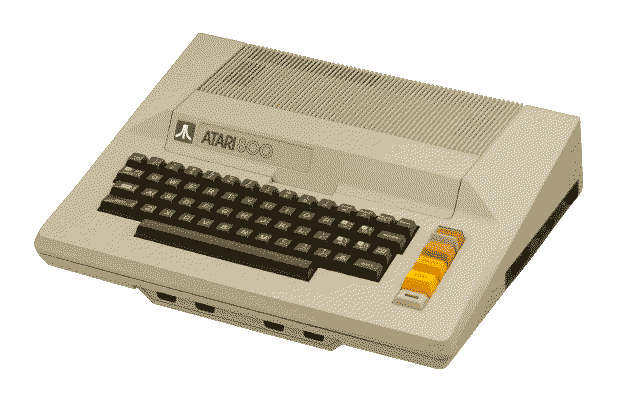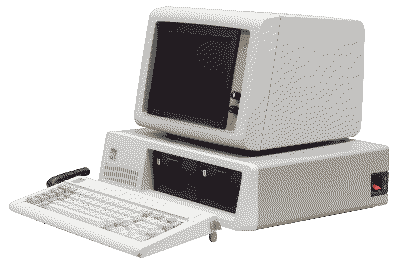Iko's Retrocomputing Hub

As you might be able to tell by the everything about this site, I'm a gigantic fan of retro-computing.
I could wax endless poetic about the philosophy behind my love, but why justify it? (Note: Justification coming later)
The following, give or take, is a directory of computers I have used physcially or have emulated, and have an established interest in:
Atari 800

Stats
| Release | |
|---|---|
| Date | November 1979 |
| Price | $1,000 USD ($4,248 USD in 2024) |
| Specs | |
| Memory | 8kb stock, up to 48kb max w/o 3rd party peripherals |
| Processor | MOS 6502 @ 1.79MHz (NTSC) |
| Graphics | Custom; ANTIC + CTIA/GTIA |
For better or worse, the original Atari 800 is a venerable beast. It weighs almost eleven pounds (4.76kg), is about sixteen inches (40.64cm) wide and twelve and a quarter inches (31.12cm) deep, and presents with a thick plastic shell hiding a slab of aluminum covering the machine's motherboard (likely accounting for a not-insignificant chunk of the aformentioned eleven pounds).
It is downright astounding how much mileage folks got out of the Atari 800 with such limitations, and it's still an amazingly fun machine to experiment with. With multiple graphics modes, a fully-featured BASIC dialect, first-party support for assembly language (via another piece of software), and first-party support for gaming as well as business, it's a well-supported and well-loved platform.
Atari fans are some of the most dedicated people I know, and they've done a lot to archive the many, many, many resources that were released during the entire Atari 8-bit family's lifecycle. This includes cartridges, disk images, books, periodicals, etc.
Click here for more information / the Atari 800 shrine.
IBM PC

Stats
| Release | |
|---|---|
| Date | August 12, 1981 |
| Price | $1,565 USD ($5,310 USD in 2024) |
| Specs | |
| Memory | 16/64kb stock, up to 256kb on main board. Expandable to 640k with RAM cards. |
| Processor | Intel 8080 @ 4.77MHz |
| Graphics | MDA/CGA |
Love it or hate it, this harbringer of the end of the "wild west" of personal computing is still a machine born in an era of great expectations for what a computer must do "out of the box." Unlike its creativity-destroying successors, the inevitable decline brought about by the IBM PC line was not at all realized in this initial incarnation.
Many have sought (and probably rightfully so) to fault the IBM PC for its lack of graphical fidelity, its lack of any sort of sound processing (apart from a horrifically awkward to program piezoelectric speaker), and its general lack of "style." Nevertheless, the machine holds a special place in my heart for the expanded power it provides.
The IBM PC now is an amalgam of years of backwards-compaitble cruft layered on top of ever expanding, ever greedier machine requirements, bogging down either experience to the point of absurdity. The original IBM PC is focused - being the first one, there is no such thing as "backwards" - only a tabula rasa for designing fun, engaging and useful software on a competent machine for its age.
Click here for more information / the IBM-PC shrine.